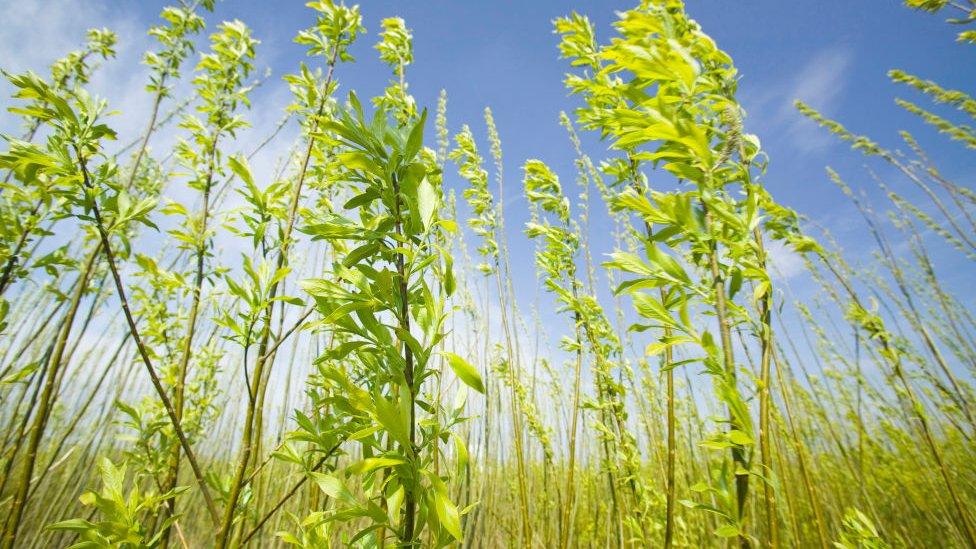Wildlife charity calls for urgent action as animal species declining rapidly
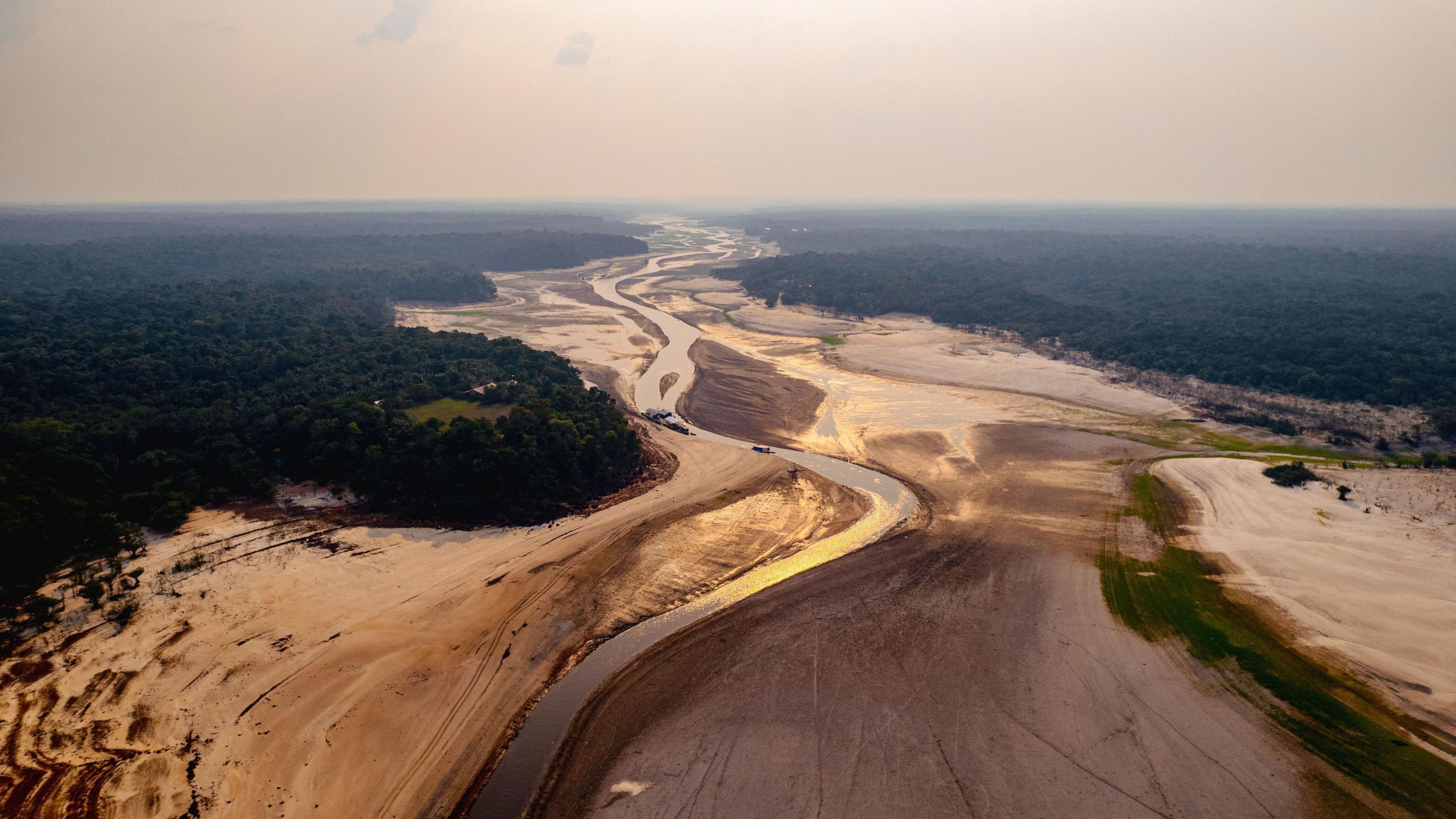
Climate change has impacted our world's animals massively over the last 50 years according to wildlife charity the WWF
- Published
Average wildlife populations have fallen by 73% in 50 years according to a report on the health of our planet.
The World Wildlife Foundation (WWF) has released its Living Planet Report, which it publishes every two years.
It says that the rate of species decline in the animal world, deforestation in the Amazon rainforest and melting of the polar ice caps in Antarctica means that we are fast approaching a point where we won't be able to reverse the damage.
The report also says that goals agreed on by countries in the United Nations aren't being reached quickly enough, and more needs to be done to protect the planet and fight climate change.
The WWF has called the figures a "wake-up call" and warns in the report that "what happens in the next five years will determine the future of life on Earth".
More climate and environment news
2023 hottest year on record, say scientists
- Published10 January 2024
Five epic inventions fighting climate change
- Published22 April 2020
Lowest number of butterflies ever recorded at Big Butterfly Count
- Published18 September 2024
What is the Living Planet Report?
The Living Planet index is a tool used by experts around the world to track the health of planet Earth and the things living on it.
It monitors the populations sizes of vertebrates, which are are animals with spines.
This includes mammals, birds, reptiles and fish.
It check if the populations are going up and down, and tries to understand the causes as well as come up with solutions.
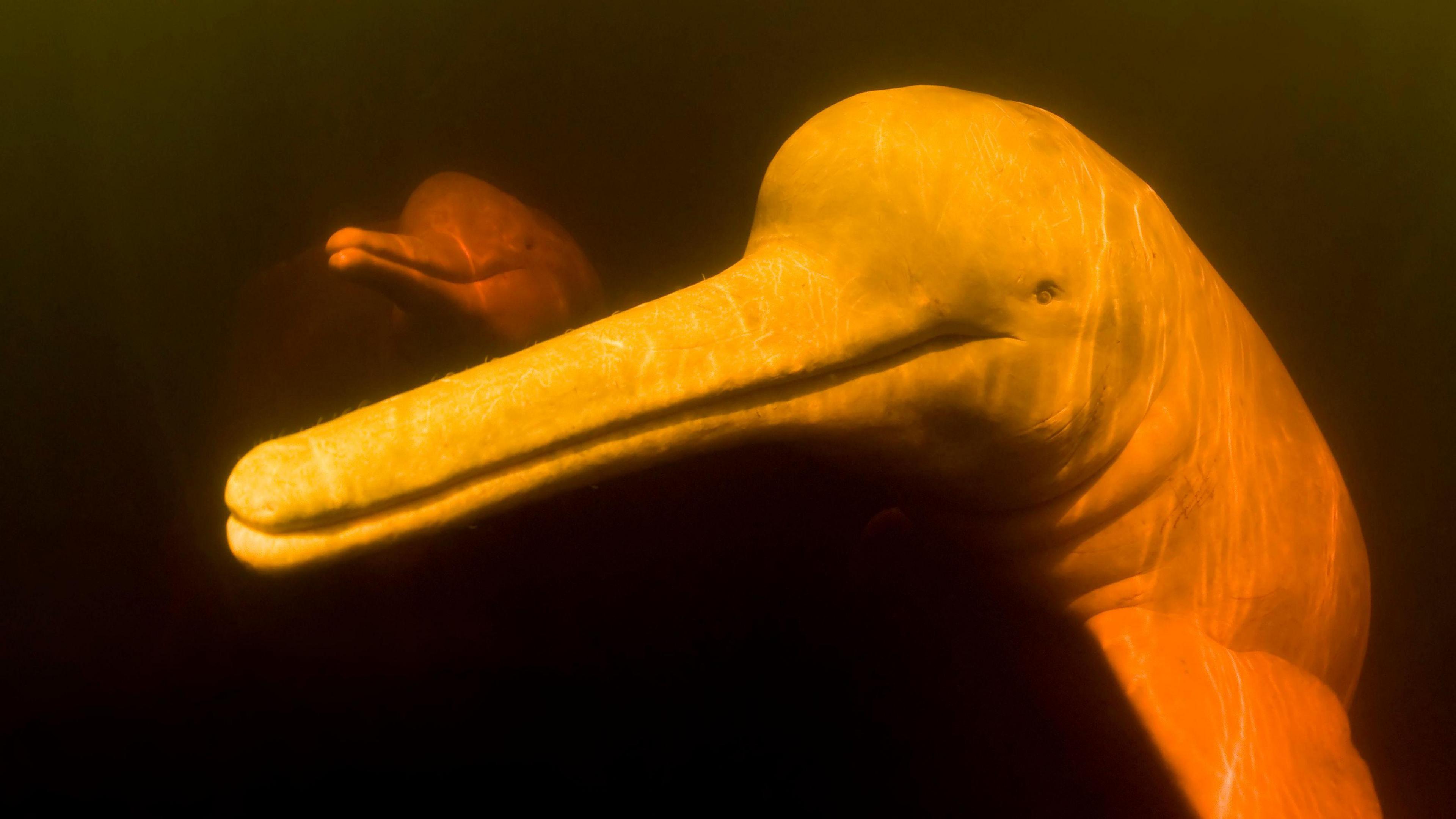
The Amazon's pink river dolphin has seen significant declines in populations
The Living Planet Index 2024 covers the period from 1970 to 2020 and includes data on 34,836 populations of 5,495 vertebrate species.
It found a 73% decline in the average size of wildlife populations in this time.
But in some areas it's even larger - Latin America and the Caribbean have seen even more extreme average declines of 95%.
It's less in the UK, but this the WWF says is because a lot of our biodiversity had already been lost.
The report found that loss of habitats was the biggest threat to wildlife as well as invasive species, disease, climate change and pollution.
Learn how ecosystems work with BBC Bitesize
What is an ecosystem?
- Attribution
And a major 85% drop has been reported for the population sizes of freshwater species.
This, the WWF says, represents how pollution is negatively impacting lakes and rivers.
Tanya Steele, chief executive at WWF-UK, said: “ A staggering 73% decline in just 50 years is truly shocking and must be a wake-up call...
"We rely on nature for so much – the food we eat, the air we breathe, our mental health and well-being. If we pass these tipping points, we’ll be putting our societies, our economies, and the future of our children at risk."
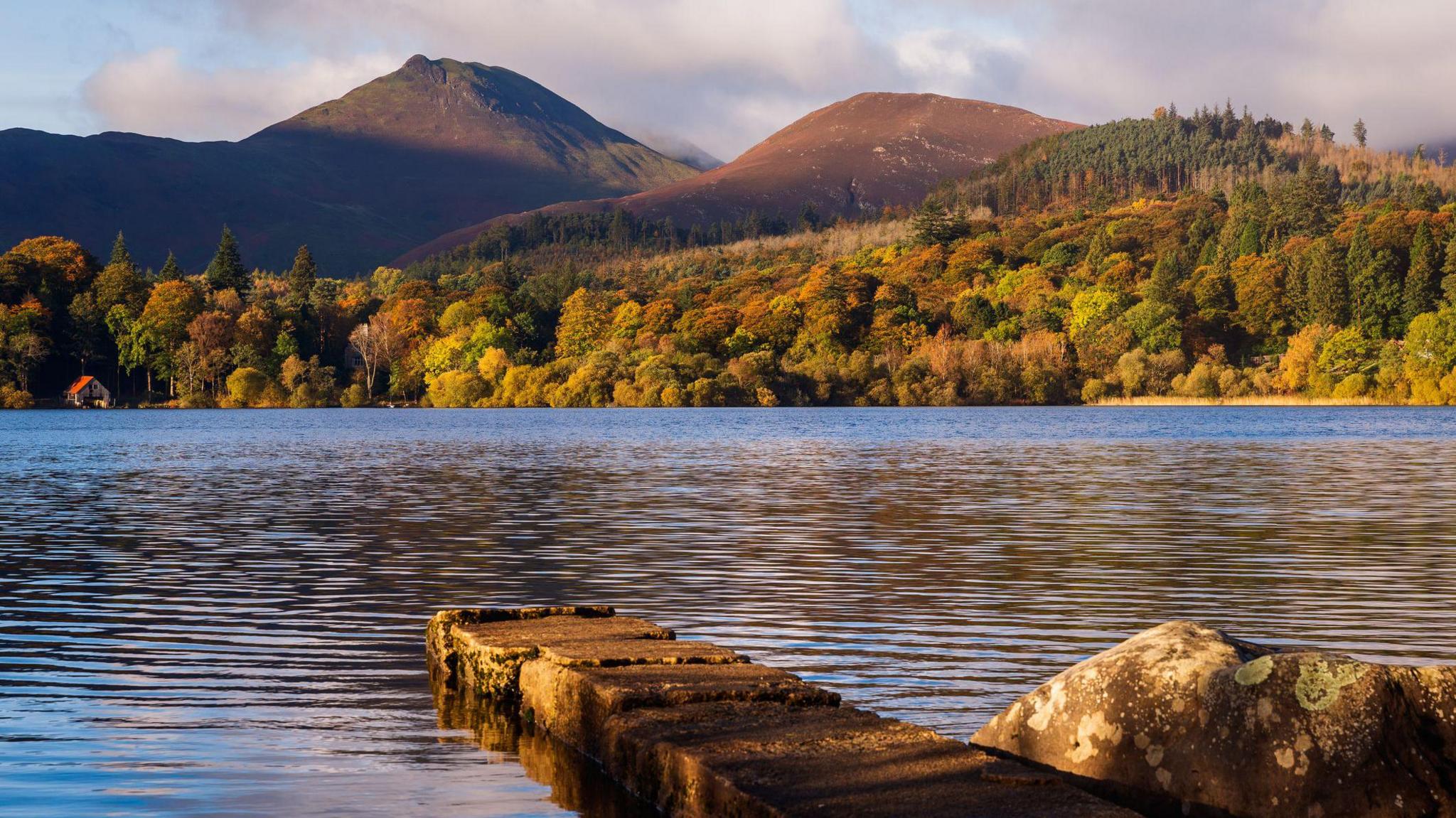
Pollution in the UK's rivers and lakes has been a big problem recently
But there have been some positive things happening too.
For instance, the European bison population grew from 0 to 6,800 between 1950 and 2020.
This happened because of projects designed to get the animals to have more babies, and relocating them to protected areas around the continent.
A sub-population of mountain gorillas in the Virunga Mountains of East Africa increased by about 3% per year between 2010 and 2016, for example.
The WWF says this shows that when efforts are made to protect and restore nature, it can recover but also pointed out that "isolated successes are not enough".
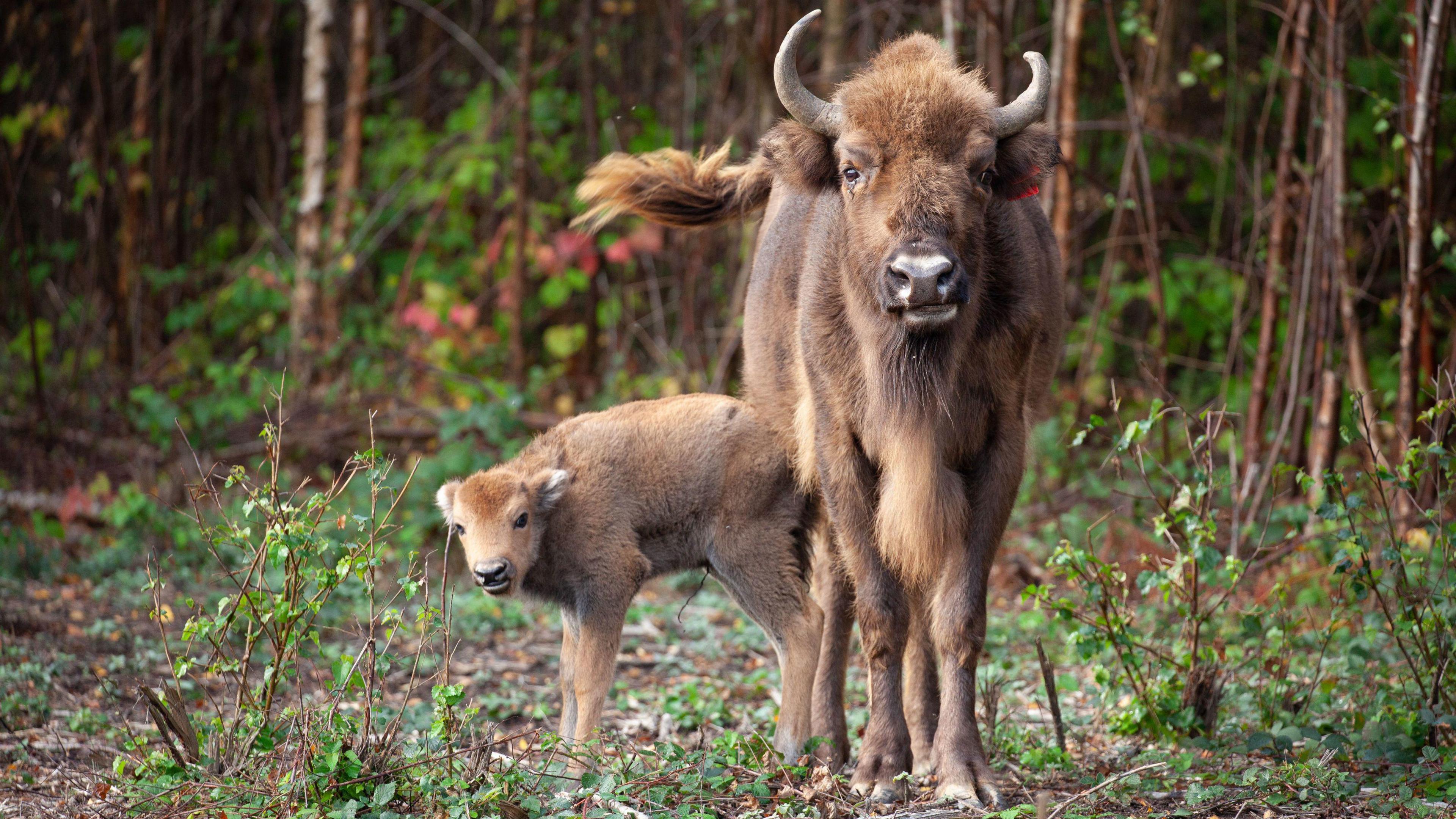
Projects like bison bridges being built in Kent woodland have helped the species thrive
Tipping point
The report also describes a number of tipping points in the natural world.
These are points which, if reached, there's no way of getting things back to the way they were.
One example of this according to the WWF is the Amazon rainforest.
It's a very important habitat, as it is home to 10% of wildlife species on Earth.
We rely on it to convert carbon dioxide into oxygen, which we use to breathe. Some people call the rainforest planet Earth's lungs.
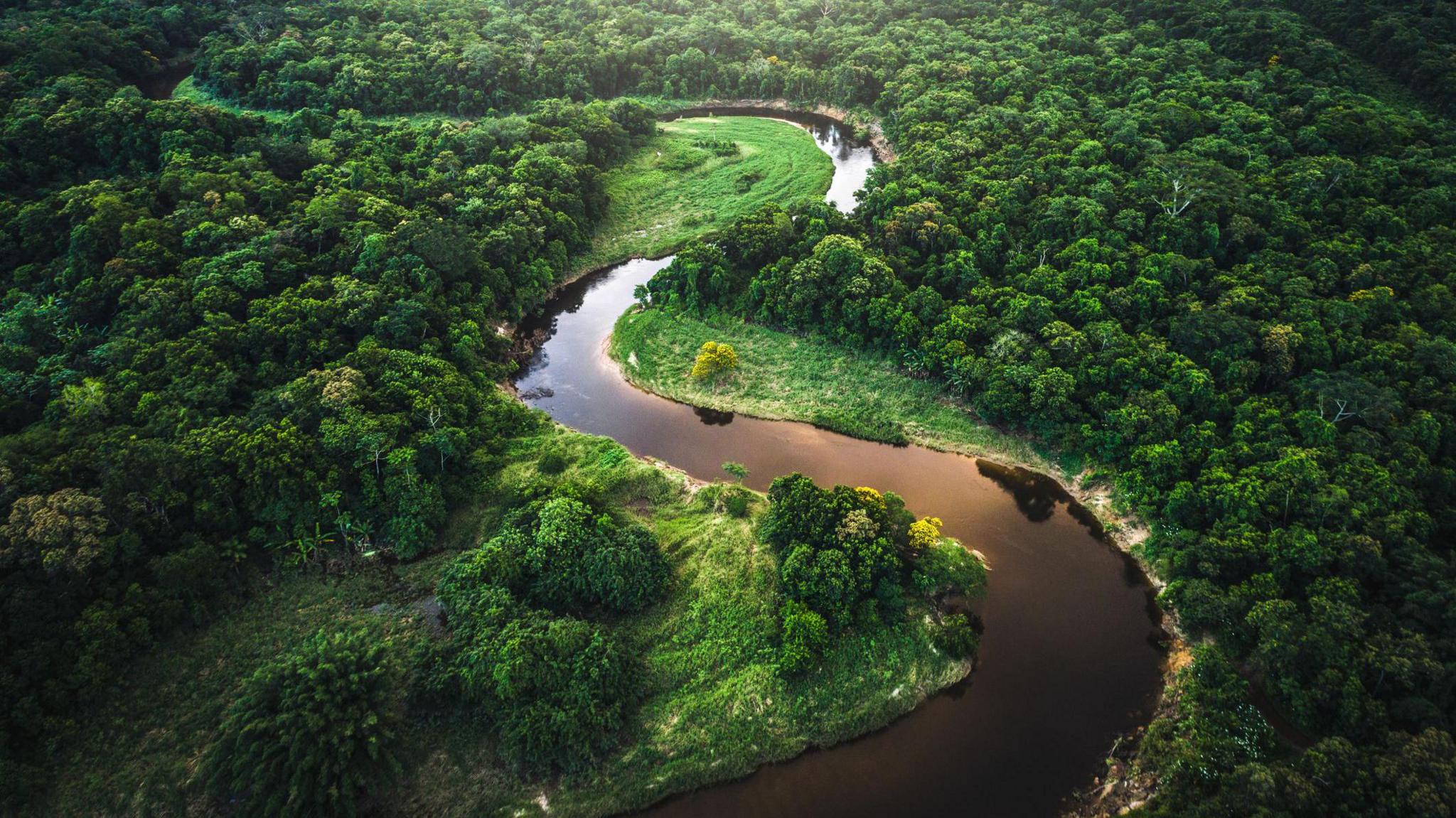
Lots of the Amazon rainforest is being chopped down every day for materials
A tipping point could be reached if just 20–25% of the Amazon rainforest were destroyed – and an estimated 14–17% has already been deforested.
This, the WWF says, shows an urgent need to end deforestation in the area.
The decrease in wildlife populations in these areas it says is often a good indicator that these tipping points are close to being reached.
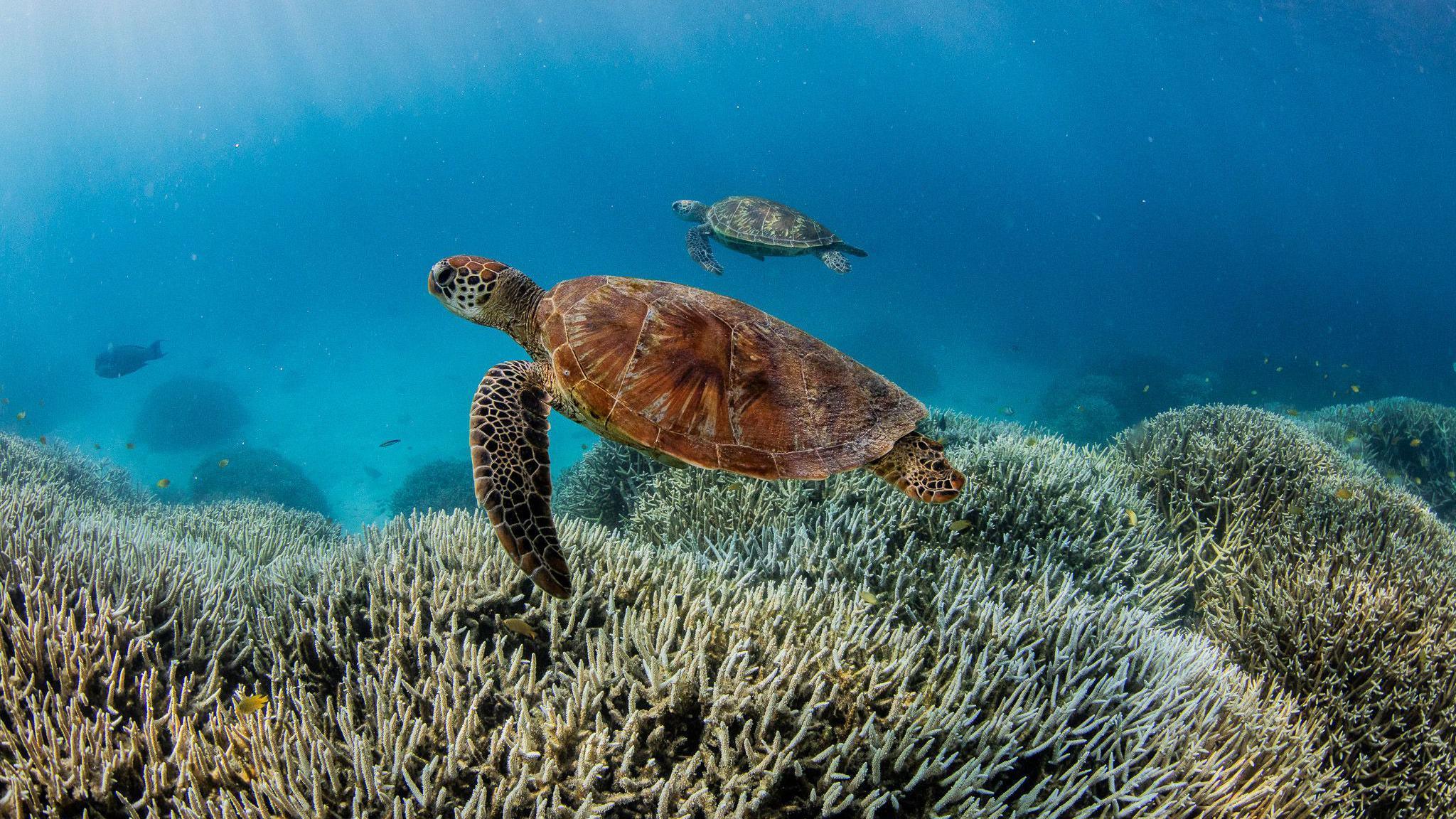
The Great Barrier Reed in Australia is another place that the WWF says is approaching its tipping point
But Tanya Steele said we could do something now to avoid this happening: “It’s not too late to change course – this could be a turning point instead of a tipping point."
She also said that the UK could help lead the charge and set an example for other countries around the world.
A spokesperson for the UK Government's Department of Environment and Rural Affairs (Defra) said: “We cannot address the nature crises without global action.
“We will put climate and nature at the heart of what we do at home and abroad and work with partners around the world to reverse biodiversity loss."
What's the plan?
The report doesn't just explain what's happening now, but also what's being done to address it.
One of these things is the United Nations 2030 Agenda for Sustainable Development, which lots of countries around the world signed up to in 2015 to help fight climate change.
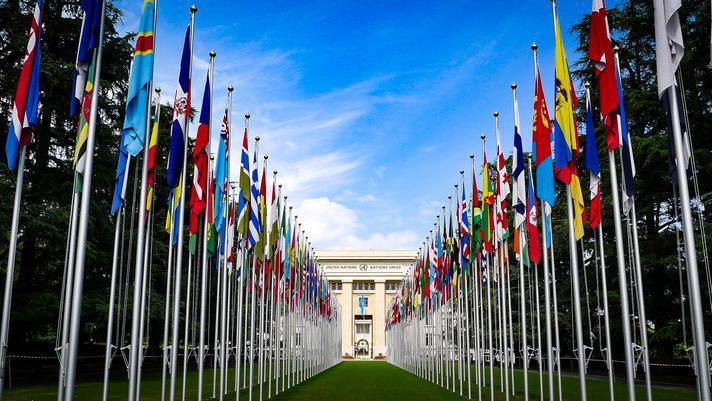
The United Nations building in Geneva, Switzerland
There are 17 goals in the agreement - one of these is to limit global warming to two degrees Celsius.
However, the WWF says progress on these goals has been slower than hoped.
What can be done now?
The WWF makes three main suggestions for what countries around the world need to do now:
Transform food production
Transform finance
Transitioning to clean energy
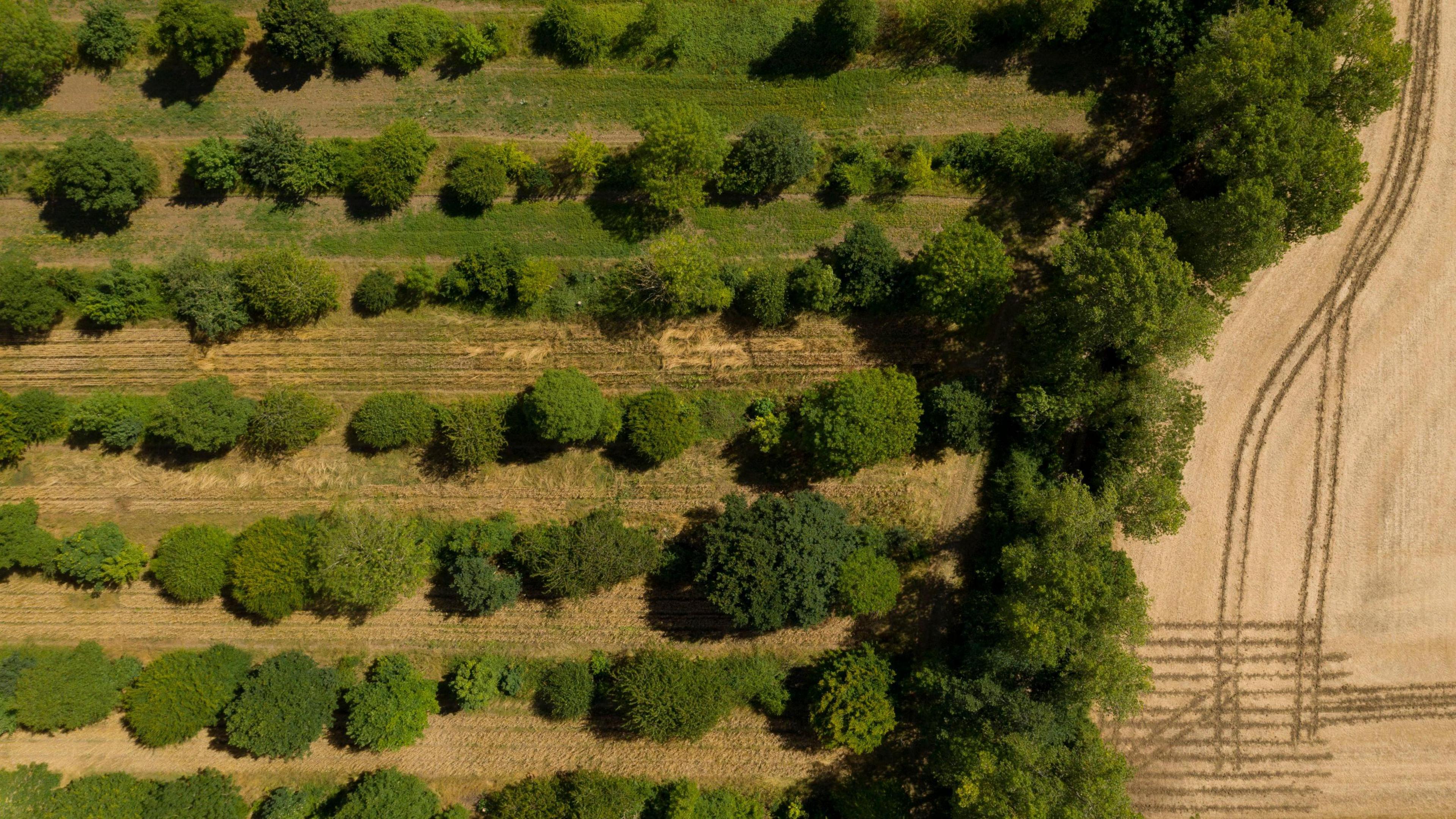
The WWF is calling for more sustainable farming practices to be used around the world
Firstly, the WWF says that 40% of the Earth's habitable land is currently being used for food production.
It believes this needs to be reduced and countries need to move to more nature-friendly methods of farming nutritious food for the world to eat.
It also thinks less money should be invested in environmentally-harmful activities and more into things that help restore nature.
And finally, the report urges countries to use fewer fossil fuels and turn to renewable forms of energy like solar and wind.
- Published20 January 2020
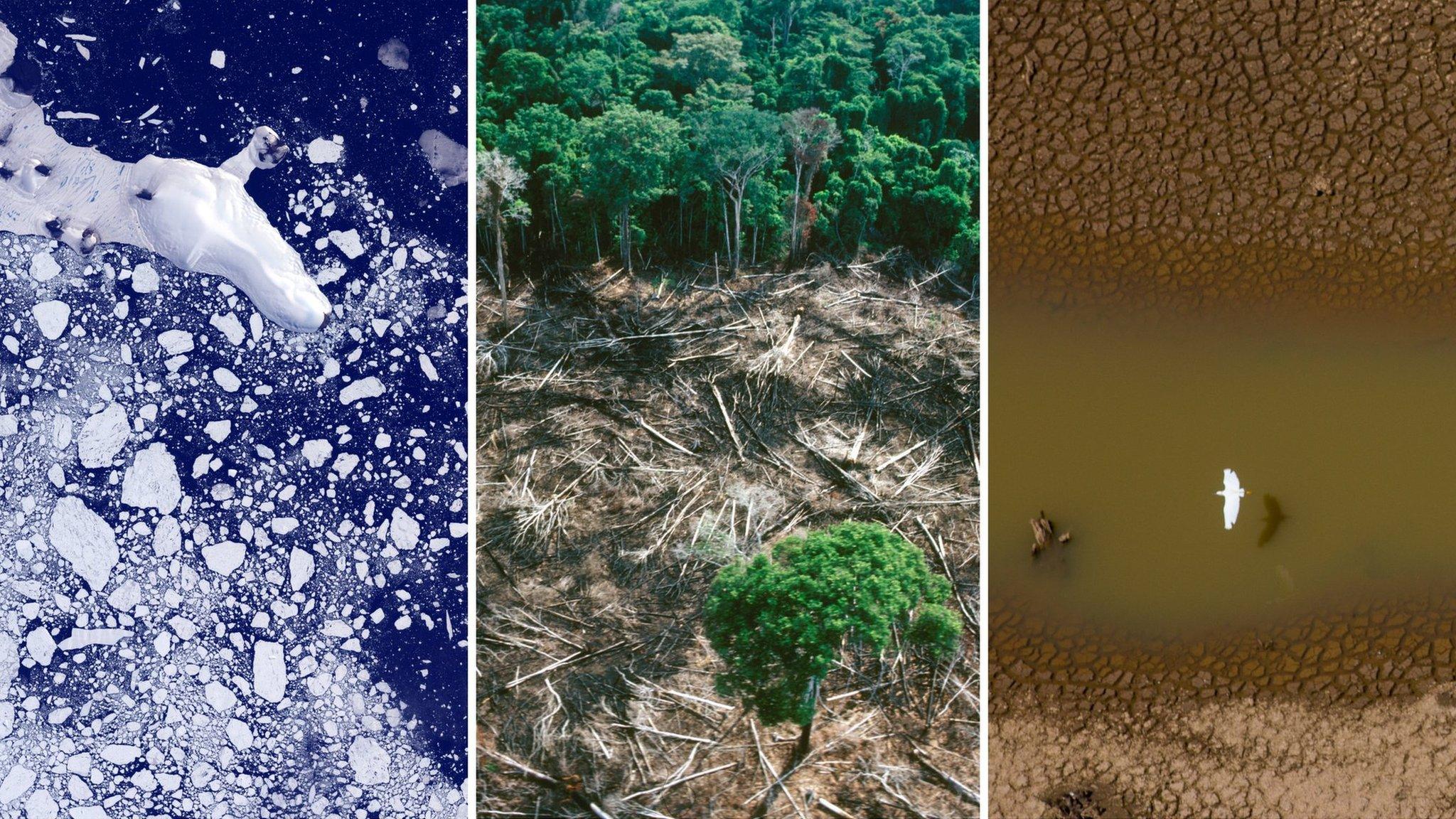
- Published24 January 2020
